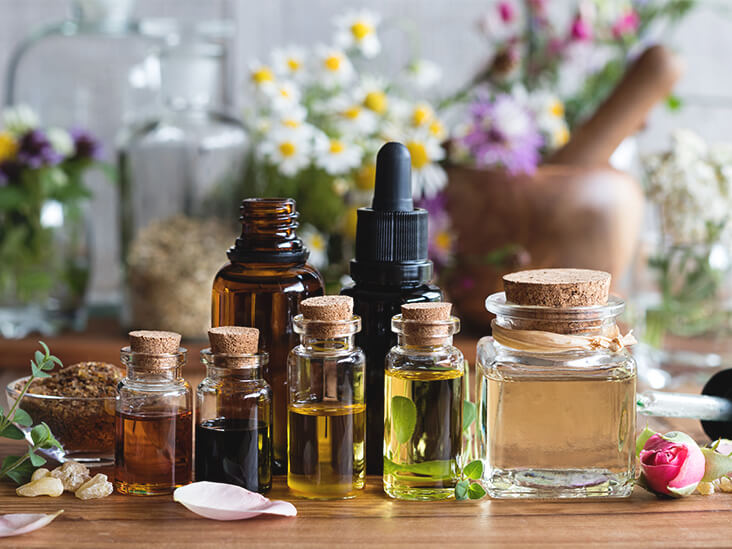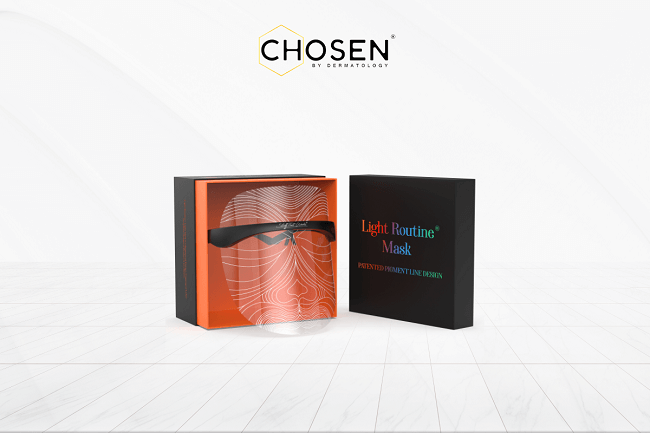Aromatherapy is the process of inhaling natural oils with a perfume to enhance your well-being. One hypothesis of how they function is that they will transmit signals to your nervous system by activating the scent receptors in your nose. Often they are believed to have a subtle impact on the chemical and energy processes of the body. That is why aromatherapy is also used as a natural treatment for relieving anxiety and tension.
Essential bath oils must be filtered until they are added to the skin using a carrier oil. This decreases the likelihood of being annoyed. For adults, 1 ounce of carrier oil can be used to dilute per 15 drops of essential oil. Their providers of health care should monitor the usage of essential oils in children. The blend is even more refined for infants, with a ratio of 3 to 6 drops of essential oil to 1 ounce of carrier oil. Almond, coco, and jojoba are several popular carrier oils.
Practicing mind / body strategies (such as mindfulness meditation) and talking to a mental health practitioner can help reduce your worries and unwind your mind if you live with chronic stress. There is also some research indicating that the fragrance of essential oils from aromatherapy can aid.
Best Relaxation Oils:
Lavender:
Lavender is one of the oils used for aromatherapy most common. Lavender aromatherapy is thought to relax anxiety by influencing the limbic system, the part of the brain which regulates emotions, according to 2012 studies.
How to use: By mixing multiple drops of lavender oil with a teaspoon of carrier oil or an unscented bath spray, enjoy a soothing lavender wash. Drop the mixture from heated bathwater right before they join.
- For sleep and relaxation: lavender, chamomile and vetiver help a restful night of sleep. Frankincense makes the mind wind down, while chamomile is renowned for its ability to stimulate the senses and soothe dry or sore skin, ylang-ylang has the power to relax and rebalance.
- For energizing and mood-boosting: psychologically uplifting, bergamot cedarwood, lemongrass and rose tend to raise serotonin levels. Orange raises the spirit and supports a balanced circulation and bergamot improves mood.
Lemongrass Oil:
Some individuals resort to aromatherapy requiring the usage of lemongrass essential oil, an oil sourced from the lemongrass herb (Cymbopogon citratus), for natural relief of anxiety. Inhaling the oil’s fragrance (or sparingly adding it to the skin after it is mixed with a carrier oil) is believed to encourage calm and alleviate anxiety signs.
Jasmine:
Jasmine oil has a stunning flower fragrance. Inhaling jasmine oil will foster a sense of health and romance, according to a 2013 report. Jasmine oil is believed to relax the nervous system without inducing sleepiness, as opposed to certain other essential oils used for anxiety.
Ylang-Ylang:
In aromatherapy, floral-scented Ylang Ylang is used to facilitate relaxation. Inhaling a combination of ylang ylang, lavender and bergamot decreased tension and anxiety levels , blood pressure, pulse rate and serum cortisol, according to a 2006 report on nurses.
Yuzu Oil:
Japanese yuzu essential oil, a perfume traditionally used in aromatherapy, is often touted as a safe remedy for stress reduction. It is believed that breathing in this essential oil’s citrus scent will inhibit the function of the sympathetic nervous system (responsible for the fight or flight reaction of the body) and, in exchange, encourage relaxation.
There is also a shortage of large-scale clinical studies investigating the impact of aromatherapy on anxiety, considering aromatherapy’s long history of usage. Although an essential oil mixed with a carrier oil will help you relax after a long day, check with your healthcare professional before utilizing essential oils on any illness.




